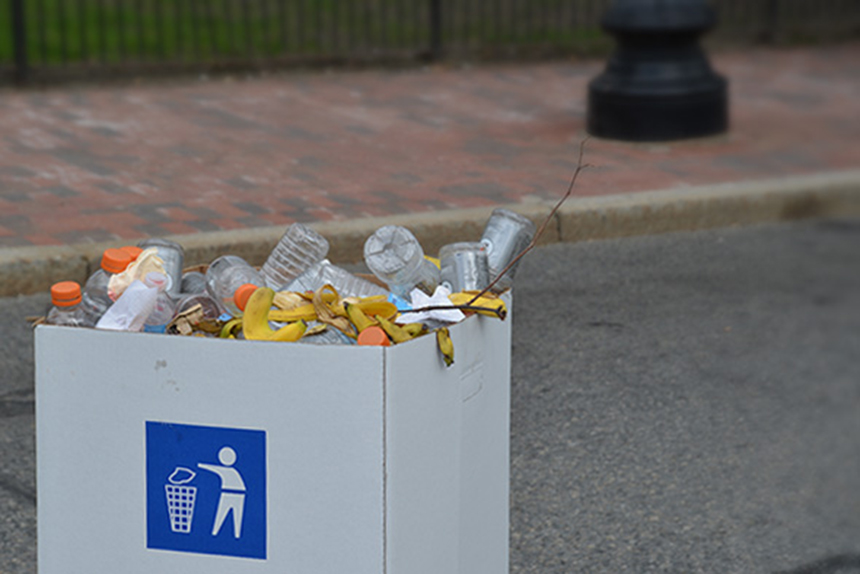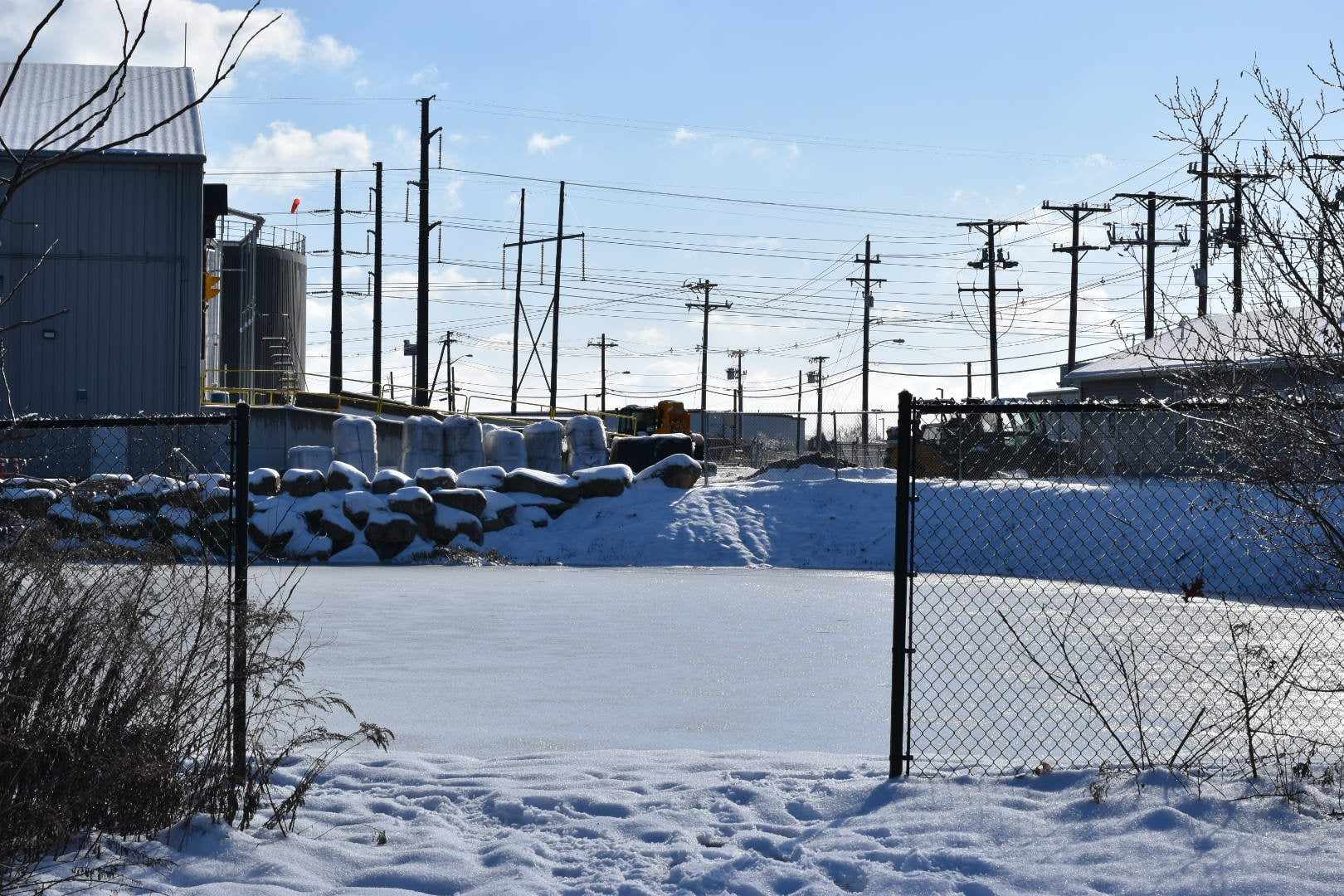Incinerator Part of ‘All Options’ for Central Landfill
March 21, 2013
PROVIDENCE — The Rhode Island Resource Recovery Corporation (RIRRC) wants the option of burning trash at the Central Landfill in Johnston, but environmentalists are against the idea.
Corporation president Michael OConnell asked the Senate Committee on the Environment and Natural Resources at its March 20 hearing to lift RIRRC’s ban on incineration, so the state can consider incinerating waste if the technology is ever economically viable and meets regulatory requirements.
Environmentalists countered that incinerators release toxic pollutants and are risky financially. OConnell’s effort to lift the ban would roll back a long-fought struggle to enact the restriction, said Paul Beaudette, former president of the Environment Council of Rhode Island.
“This isn’t a technology we need to take on to deal with the solid-waste problem,” he said.
Incinerators release harmful dioxins, which are linked to cancer and developmental disorders, according to opponents. Dioxins are created by the burning of PVC and other products containing chlorine.
Jerry Elmer of the Conservation Law Foundation said a failed incinerator project has put Harrisburg, Pa., in state receivership due to $125 million in debt from an incinerator project. Elmer also argued that the Rhode Island law has outlawed new incinerators across the state, not just at the Central Landfill.
No vote was taken by the committee because there was no quorum.
Sen. Sue Sosnowski, D-South Kingstown, chair of the committee, sponsored the bill on behalf of RIRRC. Unknown to most Rhode Islanders, she said, small-scale incinerators are operating in the state, including a waste-burning facility in Woonsocket.
Incinerators can also generate electricity. OConnell noted that a significant amount of commercial waste in Rhode Island has shifted to incinerators in Massachusetts and Connecticut because the waste-to-energy plants have dropped their prices to maintain the volume of material needed to generate electricity.
Jamie Rhodes, Rhode Island director of Clean Water Action, said waste-to-energy incinerators must constantly burn trash in order to meet electricity benchmarks. “Once the switch goes on it has to stay on,” he said. RIRRC and the state should focus on waste reduction instead of waste incineration, he said.
Sarah Kite, director of recycling services for RIRRC, said there are no plans to have an incinerator at the state landfill. But, “we want to have all the options on the table.”
“It is something that needs to be discussed,” Sosnowski said.
Categories
Join the Discussion
View CommentsYour support keeps our reporters on the environmental beat.
Reader support is at the core of our nonprofit news model. Together, we can keep the environment in the headlines.
We use cookies to improve your experience and deliver personalized content. View Cookie Settings



